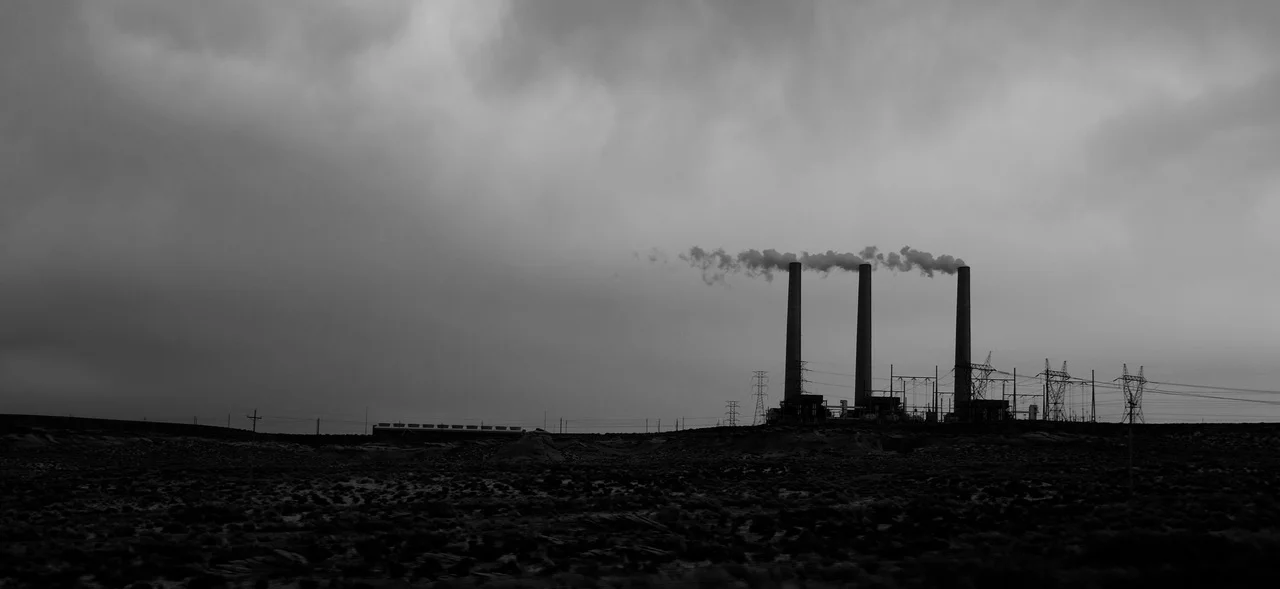Last month, we published a research-based article in our newsletter, “Planet Friendly News”, highlighting and lamenting the lack of media coverage of the climate crisis. We created the newsletter six months ago as a journalistic collaboration to address a vitally important issue we believed the media were ignoring i.e., the contribution of our broken food system to climate change and the ways in which it threatens human health.
What a difference a month makes. Although hundreds of climate change activists from Extinction Rebellion demonstrated outside “The New York Times” building in Manhattan last week protesting the lack of coverage of what climate scientists regard as humanity’s greatest threat, things are starting to change. The mainstream media is stepping up.
In Canada, for example, CBC News has been running stories on different aspects of climate change regularly on its website, and CBC TV ran segments every night on The National last week on its impact. In fact, media outlets generally are increasing their coverage and focusing on the different issues stemming from the climate crisis such as melting sea ice, biodiversity loss, deforestation, food waste etc. They are also highlighting the connection between climate change and events such as wildfires, flooding and heatwaves.
Recent public opinion polls in a number of countries are showing that concern about the climate crisis is rising. And we know this is partly driven by the media who play a role in setting the public agenda. Increased public interest will, in turn, drive further coverage such that it becomes a virtuous circle. This will be key to convincing political and business leaders that there is growing public support for the fundamental economic and societal changes we’re being told will be necessary to effectively tackle the crisis. This should give governments the mandate to announce policies that will redirect subsidies and taxes to support sustainable industries as well as develop new policies and regulations to support successful transitions to clean power generation for homes, industry and transportation, as well as a primarily plant-based food system.
Coincidental to the demonstration at The New York Times, the newspaper ran an opinion piece by Timothy Egan, author and opinion writer who covers environmental issues, on the destructive role being played by animal agriculture. However, as the second largest contributor to greenhouse gas emissions globally after power generation by fossil fuels, the industrialized livestock industry remains an area where not nearly enough attention is being paid — even by environmentalists.
And, while it is encouraging to see the number of stories on climate change increasing, more needs to be done to make them more prominent i.e., appearing regularly on the front pages of newspapers or the home pages of websites. This is, after all, the greatest story of our time — if not any time. And it speaks to what is still lacking in the coverage which is a sense of urgency. Only “The Guardian” newspaper in the UK has been consistently sounding the alarm bells. The science is crystal clear, we are running out of time — 12 years (according to the UN IPCC report released last October), to limit global warming to what is considered a tolerable 1.5 degrees C by 2030.
Every sector of society needs to step up but some are more influential than others in shaping public opinion and the media certainly is among those. It will be crucial for voters to get behind political leaders who have an effective platform for the much needed changes that can be embraced by society as soon as possible.
It certainly hasn’t reached the point where we can say the perspective offered by “Planet Friendly News” is now being widely reflected in mainstream media but if they can ramp up the sense of urgency required to avert the worst impacts of climate change, and address the problematic aspects of industrialized animal agriculture head on, we can hope this will be the case sooner rather than too late.
Sign up below to receive “Planet Friendly News” every month.

